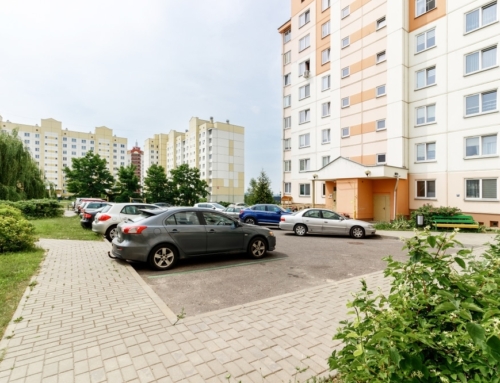Q: I just read your column about a prospective renter’s effort to regain a deposit she put down on a rental apartment.
I think your advice was very unfair to the landlord. As usual, the landlord is presumed to be a greedy beast. The whole point of a deposit is to ensure that the landlord will turn away other prospective tenants and hold the apartment for the person who gave the deposit.
When a depositor reneges, the landlord’s time and advertising efforts and dollars are wasted, plus the opportunity costs of turning down other good prospective tenants. The landlord has the right to keep that money, otherwise prospective tenants could run around willy-nilly holding a multitude of apartments until they finally make up their minds.
I, too, am a landlord. I own several multifamily houses smack-dab in the middle of Yale University. It’s always been very clear to me and any potential renter that a decent deposit holds an apartment. If the potential renter later reconsiders, well…
A: I think if you reread the question (which is available in full on my website, thinkglink.com), I think you’ll see I walked a middle line. What was the agreement between the landlord and possible tenant? Did the landlord advise the possible tenant that the deposit would be forfeited? If there was no discussion, then the landlord can’t unilaterally decide to keep it.
Another important question is how long was the deposit held. Did the landlord hold it for hours or weeks?
None of these details was disclosed in the letter, but they’re important. Many major cities, towns and villages have landlord-tenant acts that give specific rights to the tenant or would-be tenants. And, in many areas of the country, not returning a deposit to someone who did not sign a lease and decided not to rent in that building would be considered illegal.
Connecticut is pretty progressive. I’d check to see if the town in which you own your rental properties has a landlord tenant act, and then read up about keeping deposits without adequate disclosure to prospective tenants.
In the meantime, as long as you’re clear (preferably in writing) with a prospective tenant about what the deposit is for and that you mean to keep it if the apartment isn’t rented, you’re probably okay.
For more details, please consult with your real estate attorney.





Leave A Comment